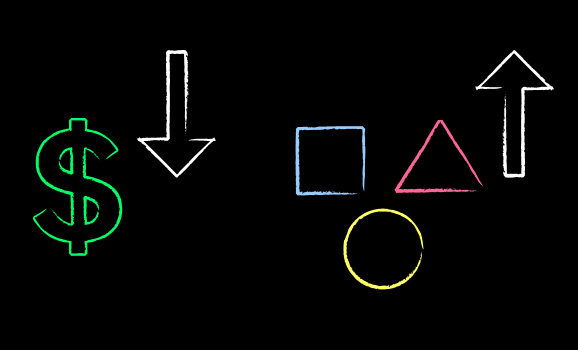Joi Ito on the impact of information exchange on everyday life

Joi Ito is one of the Creative Commons contributors. Creative Commons is a non-profit organization advocating for the reform of copyright. (wiki)
“I started my business at the time when the Internet was just beginning to break through to the masses. The main difference between me and other entrepreneurs is in my vision of the Internet, which can be described by quoting David Weinberg: “The Internet is designed so that everything will once again fall into place, and so that people can create new things and could communicate with each other. " So, I created several enterprises on the Internet, as well as using its resources to some extent or another. In these projects, the main emphasis was placed on the fact that everyone could be part of the community, as well as create something new without asking for permission. Feel the difference?
From the very beginning of the development of the Internet, the cost of working together and the cost of analyzing it began to decline. The cost of creating something like google would be worth millions of dollars if not for the Internet. Thanks to the open code and the Internet to create your search engine has become much cheaper. By reducing the cost of joint work, it has become much easier for entrepreneurs to translate into reality a greater number of new projects.
')
The main goal of any business is to attract customers. On this all and built. The large portals of that time tried to force everyone to register, and at the same time they made every possible effort to ensure that the transition to their competitors was as costly as possible. At that time, the term “stuck” was often used to describe this kind of situations. Nowadays, users have become smarter and they know how to use different services from different companies for different purposes, as the Internet is becoming more and more open, and it is no longer profitable for portals to use the tactics of raising barriers. At the moment, services are created so that the user can create, as well as they often focus on small business.
One of the biggest mistakes of all of Web 1.0 was when AOL, and all the other big companies, put these barriers wherever possible. Everything (both users and entrepreneurs) began to realize that this could not continue. Google, Microsoft, Facebook and others, are still trying to bind you, but in other ways. They are making efforts to become a platform through which people can share information and communicate. In general, the entire architecture of these portals has undergone changes. Not that everyone would share disinterestedly, but I assume that information and communication have become, for once, open.
We live in an age when technical barriers for most projects do not actually exist. For example, combining two knowledge bases into one, or creating a community of people who like to edit music and video, is not such an enormous effort. But, unfortunately, at the moment, legislation serves as a pretext for everyone, no matter who you are: a university that does not have the necessary contracts ( excuse me, I am a linguist, could not resist). can always distinguish free information from that which is protected by copyright. The lion's share of all costs now comes from paying lawyers who are called every time when two users or a service begin to exchange accumulated information. And this is also very controversial from the point of view of society. That is, all the problems with the law "float" only after you have already started to do something. And the Creative Commons license solves this problem to some extent, due to the fact that it provides a general license, as well as the necessary technologies to monitor its observance, which means that you do not need to call lawyers every time. I think the Creative Commons license will contribute to a boom of innovation on “all fronts”.
_________________________________________________________________________
I translated (ZolDoR), and checked Oleg ( OlegXxl )
Pirate Party of Russia
Source: https://habr.com/ru/post/74220/
All Articles